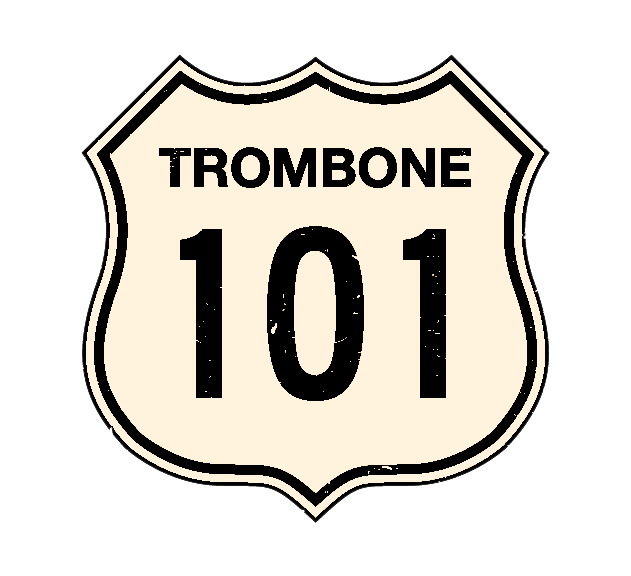Vitamin P (practice!) for a Healthy Musician
by Sean Reusch
Becoming a great musician requires a daily dose of Vitamin P - PRACTICE! I first heard this phrase used by the incredible music educator, Ken Gammie. Ken is the Director of Bands at Roosevelt Middle School in Vista, CA. I’m sure you have heard the phrase “Practice Makes Perfect” before. There is no such thing as perfect in music. WE ALL MAKE MISTAKES! A better phrase to remember is “PRACTICE MAKES PERMANENT.” One will improve quickly through correct repetition during practice. Here are some practice tips that will help you become great at practicing.
Good luck!
Practice things on which you don't sound good - we tend to play what we can already play well.
Make short, medium, and long-range goals for yourself to help evaluate progress.
Have a plan for practicing BEFORE you practice - you will be so much more efficient. Try to set time limits to keep your practice session varied.
Simplify! Focus on 1 or 2 things at a time such as tone, intonation, rhythm, articulations, dynamics, and phrasing.
Relax! We perform at a much higher level and for a longer period when relaxed.
Practice in smaller increments - take breaks! Set a clock. Playing straight for a long time usually leads to bad habits because of physical and mental fatigue.
Always strive for better breath control and efficiency - blow constant and steady!
Blow! Always strive for a deep, quiet, relaxed, constant inhale. Be sure to make your breath as natural as possible. What goes in, comes out! (Bad breath in - bad sound out. Great breath in - great sound out).
Posture - sit balanced! Bring your instrument up to your face, not your face down to your instrument.
Practice in a place with as few distractions as possible (never practice in front of the TV or computer).
Practice your entire range every time you practice. This should include dynamics (ppp-fff), tonguing (staccato, legato, marcato, tenuto), tonguing speed (slow-fast, single, double, triple) and range (low notes - high notes).
Listen to as much music as possible (live concerts, television, recordings, and movies), particularly of great musicians. Be sure to listen to singers and other instrumentalists (not just brass!). Always try to go to live concerts as often as possible!
You should always have a small mirror (to watch your embouchure and posture), pencil, metronome, tuner, timer, practice notebook, and something with which you can record yourself.
End your practice session on a positive note - play something that you really like and that you play well.
